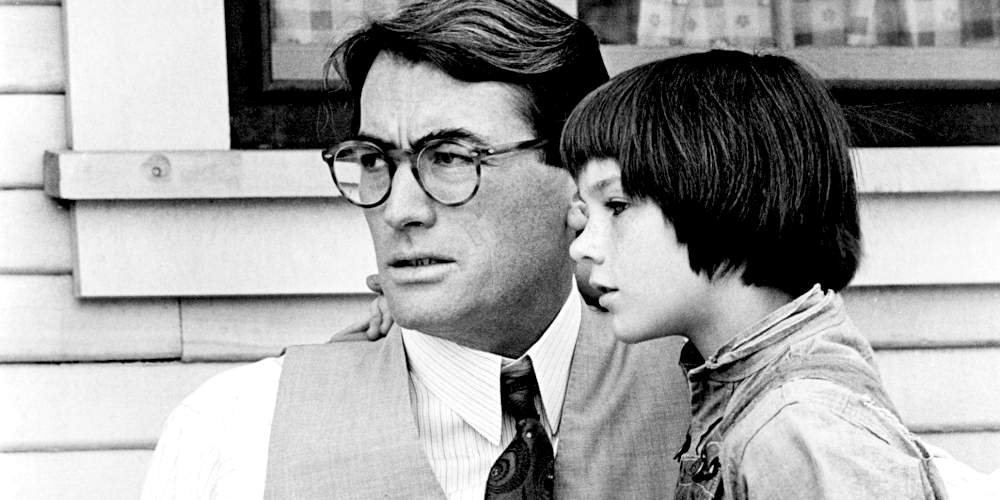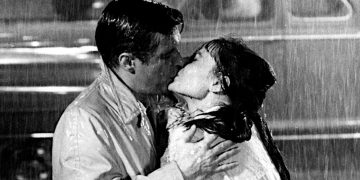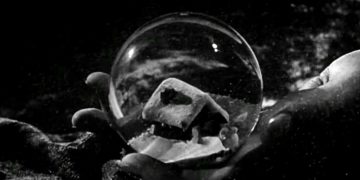"You never really understand a person until you consider things from his point of view. 'Til you climb inside of his skin. Walk around in it."
Atticus Finch to his daughter
Atticus Finch's advice to his young daughter Jean Louise "Scout" Finch is among the wisest ever put down in a novel or put forth on the big screen. So simple yet so necessary.
Published in 1960, the late Harper Lee's To Kill a Mockingbird is the story of Scout Finch and her musings about growing up in 1930s Alabama while her lawyer father, Atticus, defends a black man who's accused of raping a white woman.
In both book and movie form, To Kill a Mockingbird is a story that's as powerful today as it was back in the 1960s. The tale of the Finch family and their town's delicate social structure is both sad and triumphant, brutal and kind, full of humility and hard lessons.
But the book and movie aren't the same. Here are the similarities and differences in To Kill a Mockingbird's book and movie.
Book vs. Movie: Similarities
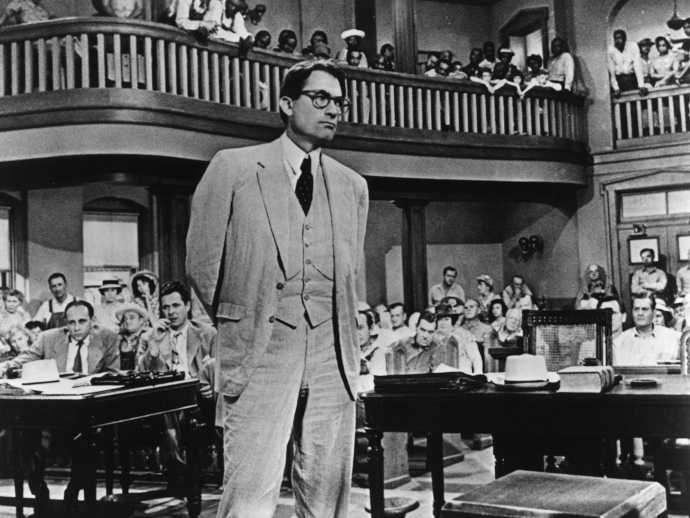
The 1963 film adaptation of To Kill a Mockingbird starring Gregory Peck is vastly similar to the book, even if some of the book's more expansive story elements are lost in the adaptation.
The movie is, on the whole, a fantastic representation—if somewhat diluted—of Harper Lee's original story, and the script follows the book through all of its major plot points.
Boo Radley's actions at the end of the book are same as in the film, and the skewed morality of the Sheriff when he deals with the situation is perfectly in line with the book's final conundrum.
The movie's depiction of the characters are also modeled closely on the book. Scout is a fiery young girl with a penchant for solving problems with her fists. Jem is a curious young man who strongly follows the rule of his father.
And the most important of them all, Atticus is the small town's public defender who ignores the town's racially-charged hatred and defends Tom Robinson, knowing that he's innocent of his crimes.
Book vs. Movie: Differences
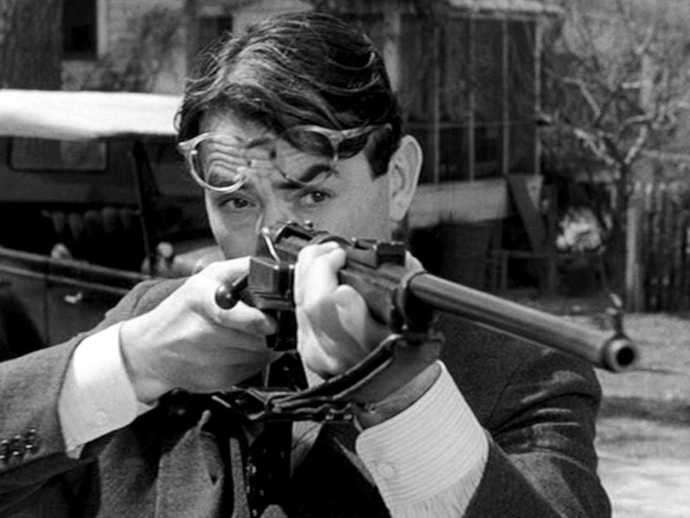
The film version of To Kill a Mockingbird deviates from the book in several instances. Most notably, the entire storyline of the wider Finch family isn't present in the movie at all.
In the pages of the novel, Atticus Finch's sister Alexandra comes to live with the family and helps raise Jem and Scout. The book's Atticus also has a brother named John in whom he confides on occasion.
There are whole passages set in Finch's Landing—their family home—that further explore Atticus' disdain for racial prejudice and his moral standpoint against the residents of Maycomb.
On top of the omitted family, several neighborhood characters from the book are notably missing in the movie. These characters were reasonably cut due to runtime constraints.
Although the movie does narrow down the scope of the town of Maycomb and its residents, it successfully maintains the moral heart of the book. Atticus' role in the movie is more prominent than in the book, as it's his storyline that makes Scout's childhood so profound.
Book vs. Movie: Verdict
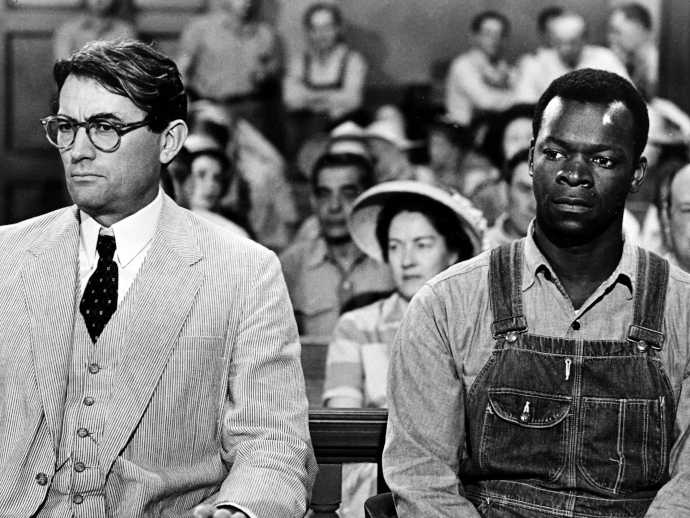
Rendering a verdict on which medium delivers the better rendition of the story is difficult. In the end, they're both triumphant.
Scout's tale of her father, her childhood, and her family is more deeply explored in the book, and Harper Lee brings across her childlike point-of-view so well (who based much of the novel on her own upbringing).
We do lose a lot of worldbuilding in the movie adaptation, but that's not necessarily a bad thing. The movie aims to tell a very specific story from a book of many stories. The movie was never meant to be a 100-percent retelling; it was purpose-built for the big screen.
So while the main story of To Kill a Mockingbird and the events that transpire are much the same, the movie shifts its focus more onto Atticus and the trial and less on Scout.
For many, Gregory Peck's performance as Atticus Finch is strong enough to have the movie stand on its own—you won't even need to read the novel. And should you decide to read it after, you'll undoubtedly see Gregory Peck as Atticus in your head.
The character of Atticus Finch has been such an influential figure in American literature, becoming a beacon of all things good and decent within the law profession. Gregory Peck portrays him with such dignity and moral fortitude that the American Film Institute even recognized Peck's Finch as the greatest hero in cinema history.
If for nothing else, that might be the one reason that pushes the film adaptation of To Kill a Mockingbird a smidge over the book, securing its victory as superior.
Once you watch the movie, separating Atticus Finch from Gregory Peck is an impossible feat. Pair that with the movie's clear focus on the most important aspects of the story? It becomes clear that the film does everything it needs to succinctly tell its story.
